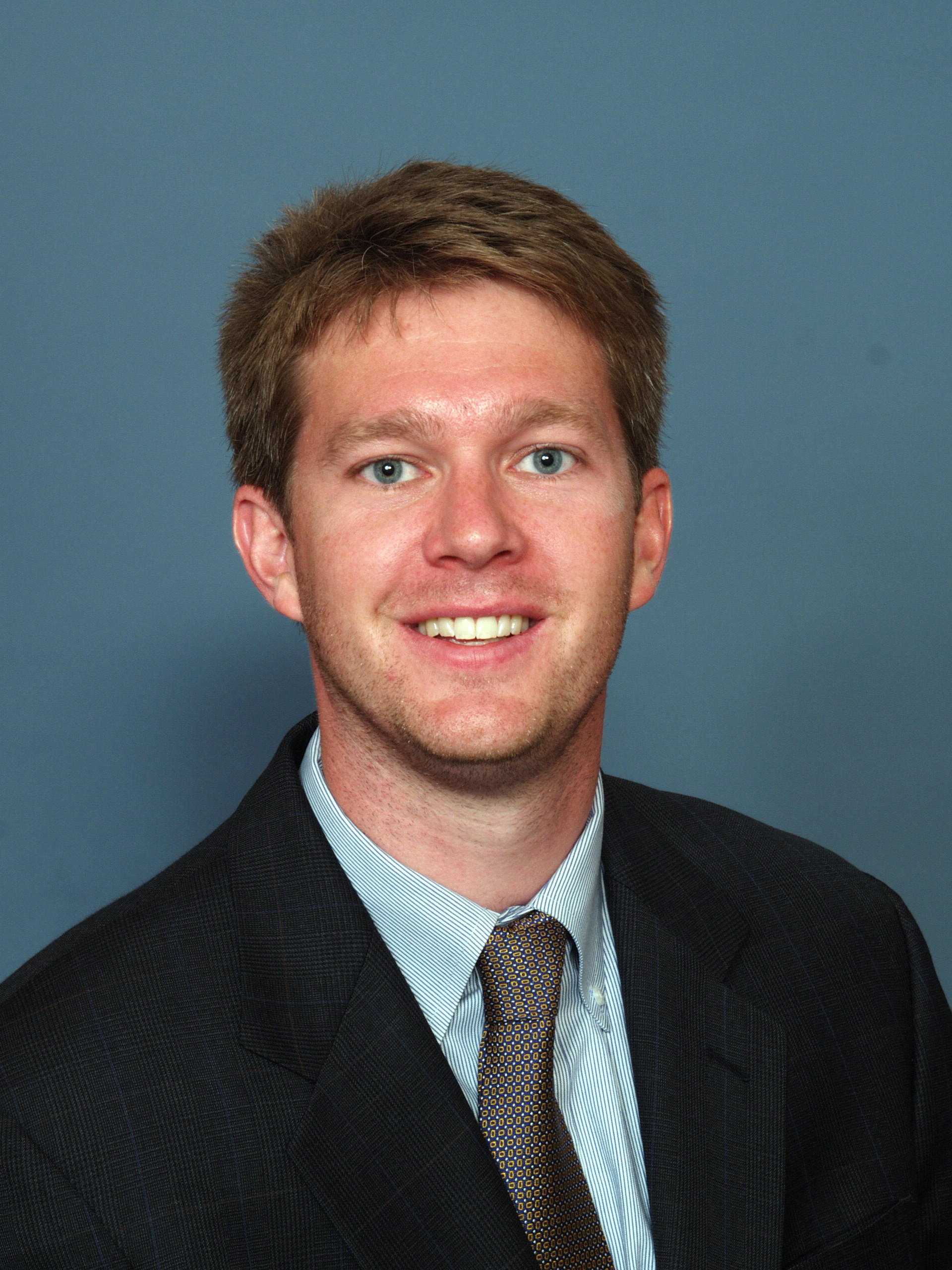Think of mental and behavioral health, and perhaps therapy and specialized clinics will come to mind. The reality, though, says Rose Health CEO Kavi Misri, is that it’s often primary care doctors who are the “first and only line of defense when it comes to mental health.”
“A lot of people don’t have the access to a behavioral health clinic, and they rely on that primary doctor for help,” Misri said. “But these primary care doctors, they don’t have the tools, they don’t have the skillset. They do have the will and wherewithal to prescribe antidepressants, but they don’t have the means to provide therapy.”
Rose Health offers digital therapy tools to help expand that access, and help patients build resilience, Misri said. Rose’s technology uses natural language processing to detect “warning markers” in questionnaire answers and journal entries. This produces a Rose score assessing what could be early warning signs of depression, or mood disorder. Misri likens this to a credit score.
“Rose was built with this foundation of being able to have early detection of depression and mood disorder symptoms,” the CEO said. “At the end of the day what we’re really seeing is a patient empowerment platform.”
The system also includes a dashboard, which is used by providers for monitoring and to receive updates.
“Having this solution allows for clinicians to stay more informed about their patients, and see how they’re progressing or regressing,” Misri said.

The company started out of Johns Hopkins, validating the technology through research and taking part in the university’s Social Innovation Lab. It is also an alum of D.C.’s Halcyon House. The company now has about 25 large practices as paying clients, and is “laser focused” on offering the platform in primary care settings, Misri said. That came about after the team spent five months validating this area in the Hexcite accelerator program, which is offered through the Johns Hopkins Medicine Technology Innovation Center, the internal innovation hub with which Rose continues to work.
It comes at a time when the pandemic is leading health providers to increasingly embrace telemedicine options and regulations are being relaxed, and when mental health services that do exist are being disrupted, leaving providers to seek new approaches.
The company is now based in Mount Washington and is looking to grow. A funding round that is currently in process will help. Misri said the company raised $1.5 million, and the round is now oversubscribed due to interest. It’s expected to close at $1.75 million in mid-November.
Having previously raised $400,000, this is the first institutional round for the company. Misri said 60% of the funding will go toward building out a sales and fulfillment team as it continues to seek growth with primary care providers. That’ll mean hiring to grow the team of more than 20 people, as the company is seeking four sales directors and one sales manager. It is also continuing to develop the technology, and additional offerings are in the works, such as a program that would allow employers to offer the app as a benefit to employees, and triage to a therapist for support. It is also in the early stages of a child and adolescence program.







